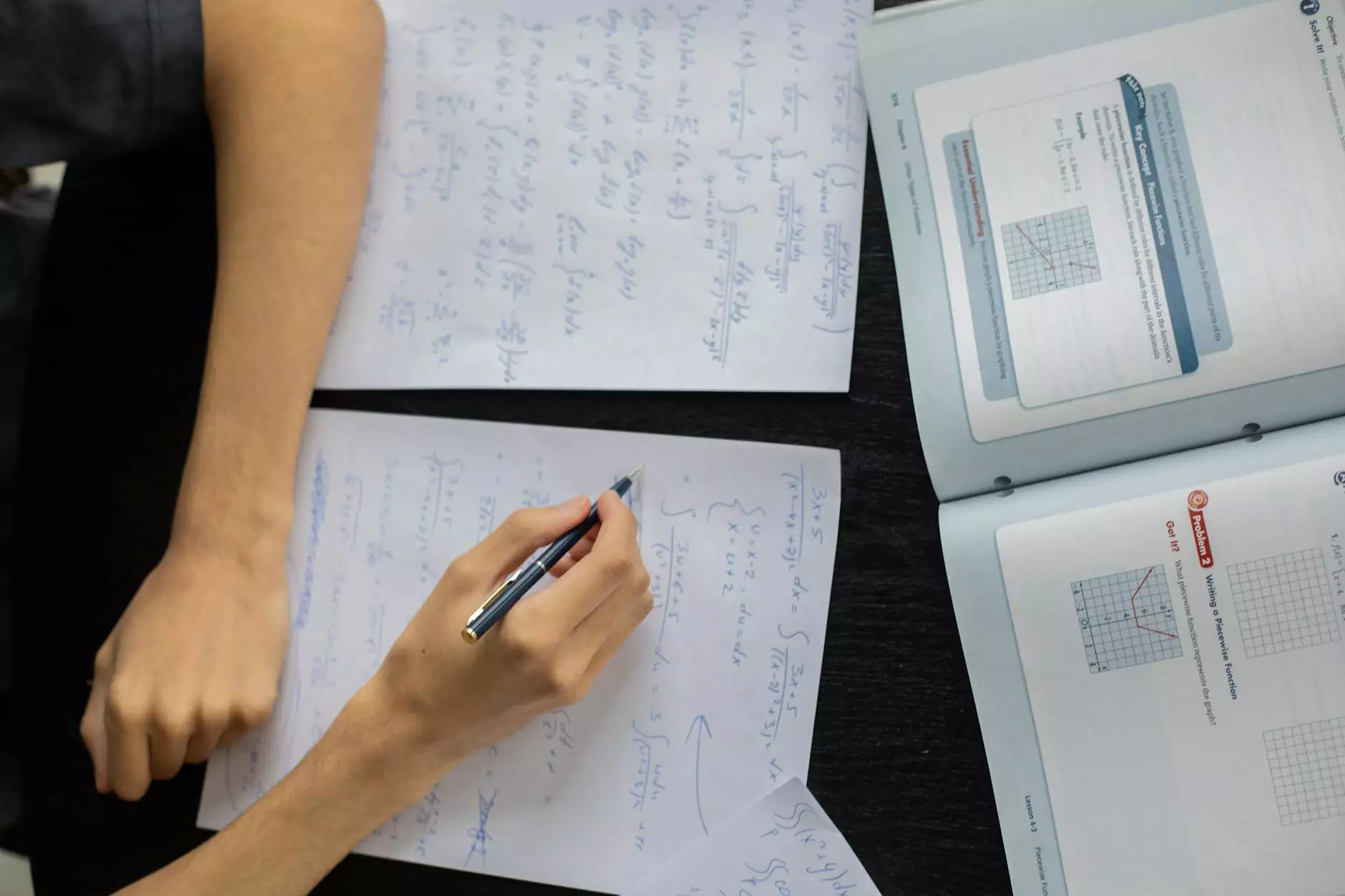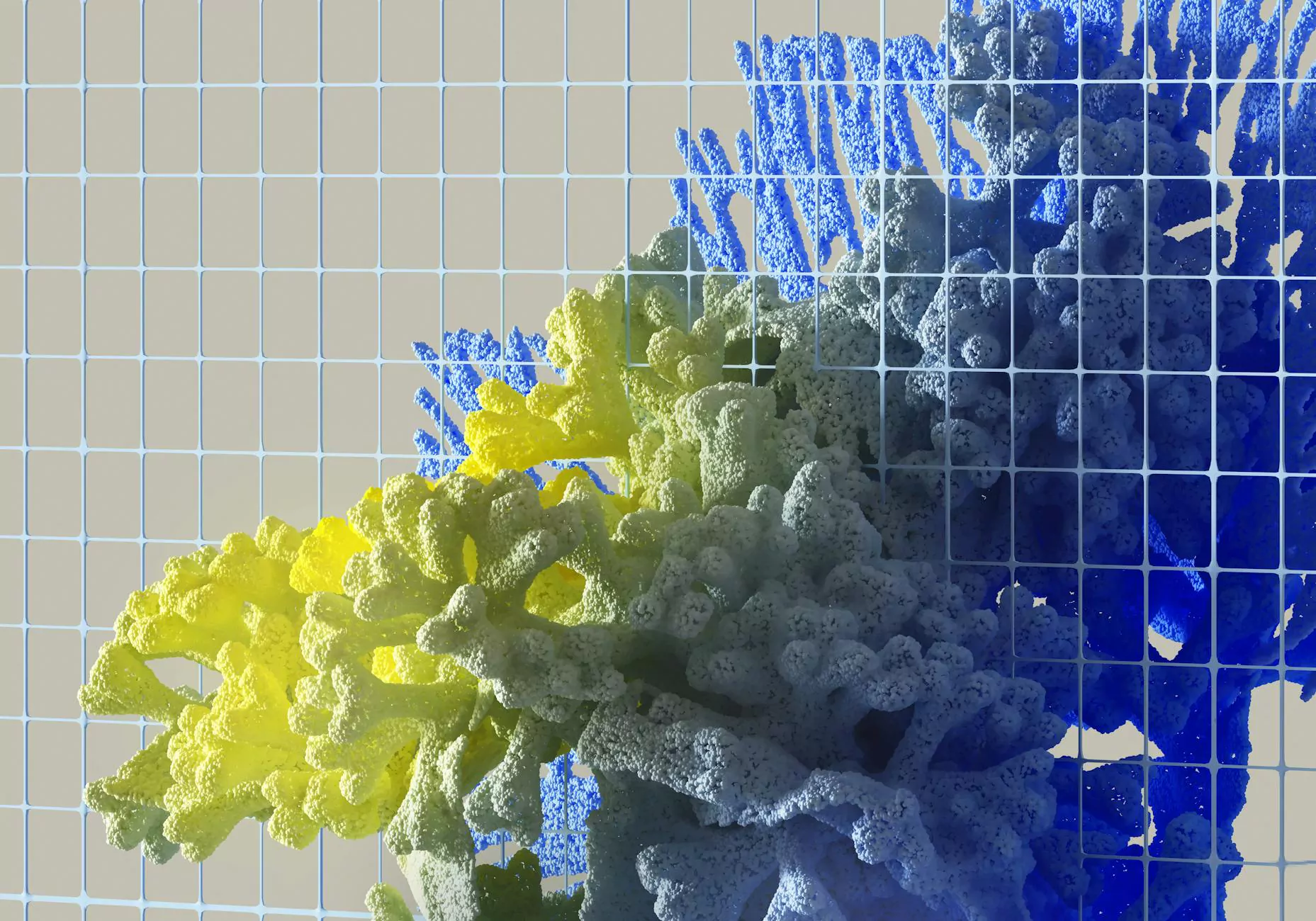Theories of Human Learning and Cognition - Essay Example
Book Reports
Introduction
Welcome to The Knowledge Nest's comprehensive exploration of the theories of human learning and cognition. In this essay example, we delve into the fascinating realm of how humans acquire knowledge and understand information, shedding light on various influential theories. Whether you are a student, educator, or simply an individual interested in understanding the intricacies of the human mind, this resource will provide you with valuable insights and comprehensive understanding.
Understanding Human Learning
Human learning is an intricate process that encompasses the acquisition, processing, and application of knowledge. It involves the integration of information, experiences, and skills to foster personal development and enhance cognitive abilities. Understanding the theories behind human learning can greatly benefit educators seeking to optimize teaching methods, as well as individuals looking to improve their own cognitive development.
Behaviorism Theory
One prominent theory in the realm of human learning is behaviorism. This theory, championed by renowned psychologist B.F. Skinner, emphasizes the role of environment and external stimuli in shaping human behavior and learning. According to behaviorism, learning occurs through the reinforcement of desirable behaviors and the punishment or extinction of unwanted behaviors. It is heavily focused on observable behaviors, stimulus-response associations, and conditioning techniques.
Cognitive Development Theory
Another influential theory is cognitive development theory, pioneered by Swiss psychologist Jean Piaget. This theory explores how individuals actively construct knowledge and understanding through mental processes. Piaget proposed that humans progress through distinct stages of cognitive development, from sensorimotor to formal operational, allowing for the refinement of cognitive abilities such as problem-solving, memory, and reasoning.
Social Learning Theory
Social learning theory, popularized by psychologist Albert Bandura, highlights the significance of social interactions and observational learning in human development. According to this theory, individuals learn by observing others and imitating their actions, behaviors, and attitudes. It emphasizes the role of modeling, reinforcement, and vicarious experiences in shaping learning outcomes. Social learning theory is particularly relevant in educational settings, as it emphasizes the importance of positive role models and collaborative learning environments.
Implications for Education
The theories of human learning and cognition have profound implications for education. Educators can utilize these theories to design effective instructional strategies and promote optimal learning experiences for students. By understanding how individuals acquire, process, and retain information, educators can tailor their teaching methods to suit diverse learning styles and foster deeper understanding.
Personalized Learning Approaches
The concept of personalized learning aligns with cognitive development theory, as it recognizes the importance of individual differences and unique learning styles. By incorporating personalized learning approaches, educators can cater to students' specific needs, interests, and abilities, promoting greater engagement and knowledge retention. This may include adaptive learning technologies, individualized lesson plans, and differentiated instruction.
Collaborative and Social Learning
The principles of social learning theory advocate for collaborative and social learning environments. Encouraging students to work together, engage in group discussions, and participate in peer teaching promotes deeper understanding and knowledge construction. By fostering a cooperative learning atmosphere, educators can tap into the power of social interactions and enhance the learning outcomes of their students.
Conclusion
Human learning and cognition are complex phenomena that continue to captivate researchers, educators, and individuals seeking personal growth. The theories presented here offer valuable insights into the diverse mechanisms underlying human learning, from behaviorism to cognitive development and social learning. By leveraging these theories, educators can optimize teaching practices, while individuals can explore their own learning processes and cultivate lifelong learning habits. The Knowledge Nest is your trusted resource in the realm of community and society, offering a wealth of knowledge on various topics, including the captivating field of human learning and cognition.










